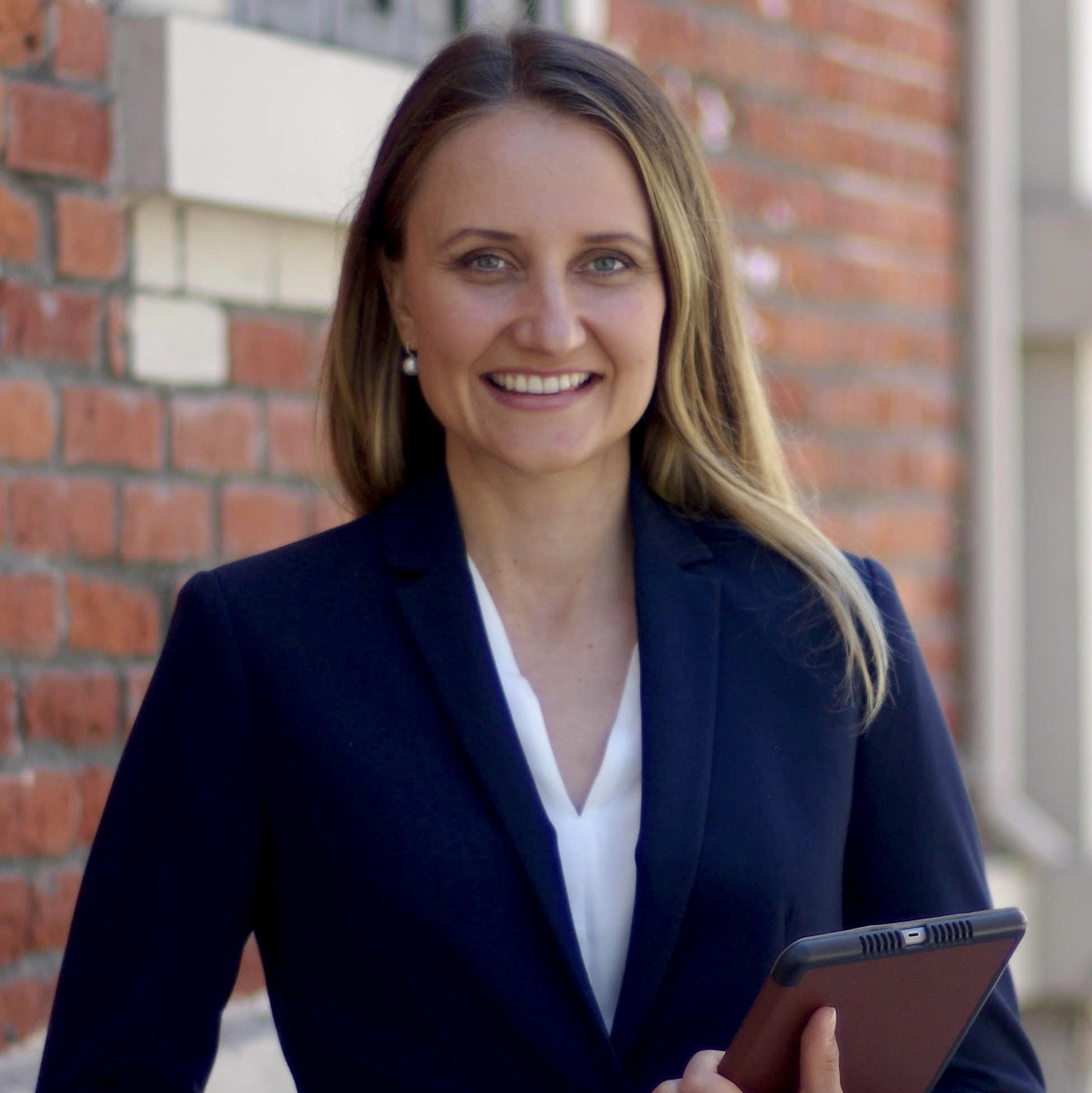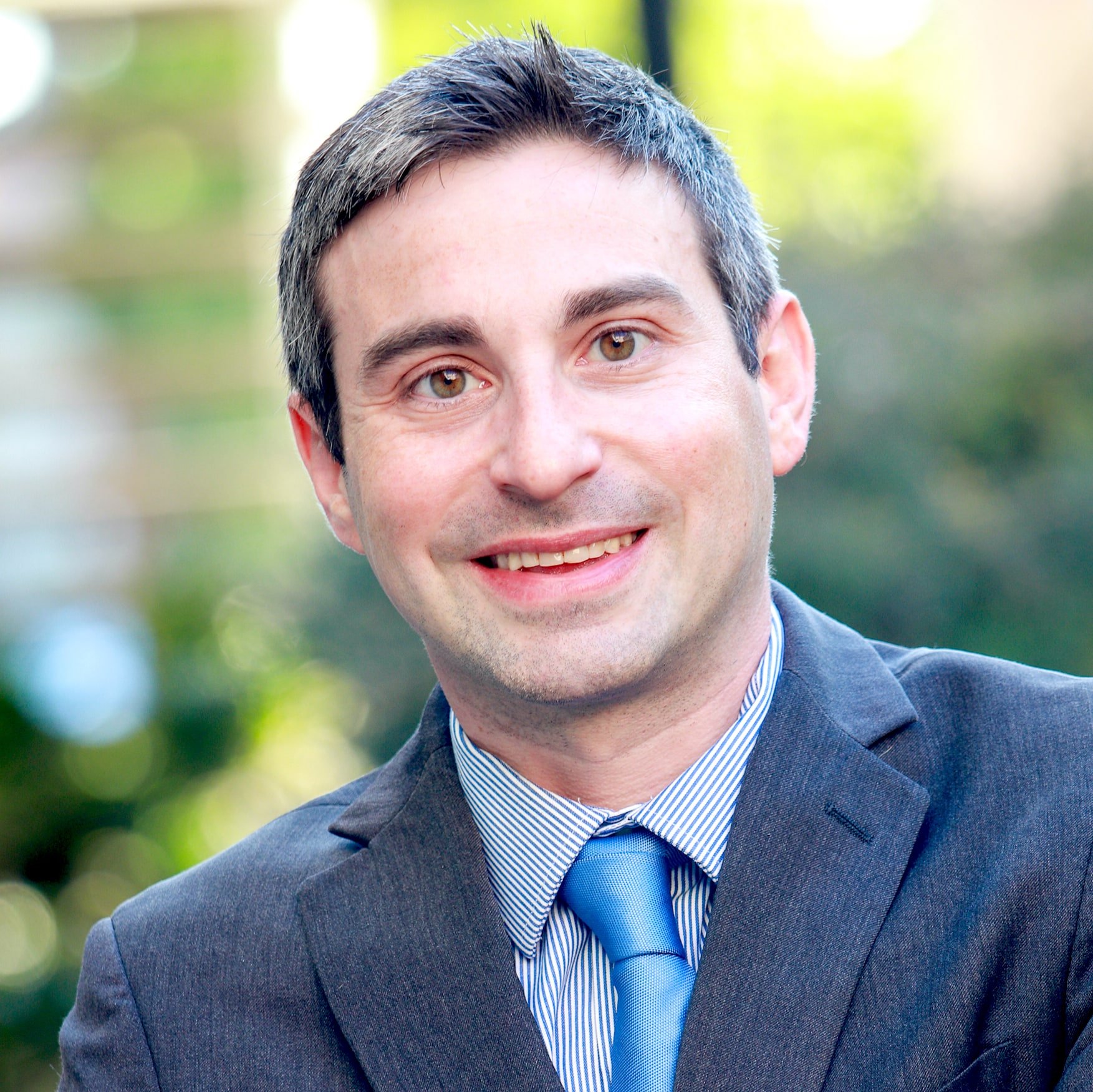2022 Affirmative Leaders Fellows
Alvar Ayala
He/Him
Alvar Ayala is the Chief of the Workplace Rights Bureau in the Illinois Attorney General's Office. Alvar has spent his legal career advocating for low wage workers through class action litigation and legislative initiatives. Alvar believes that collaboration between stakeholders such as organizers, community organizations and enforcement agencies is key to protecting and advancing workers' rights. Prior to joining the Illinois Attorney General's Office, Alvar was a partner at Workers' Law Office PC, a small firm in Chicago litigating exclusively on behalf of low wage workers. Alvar also worked for various not for profit organizations including Chicago Legal Aid and Working Hands Legal Clinic (now known as Raise the Floor Alliance). Alvar is a native of Torreon, Coahuila, Mexico.
What does Equitable Enforcement mean to you?
Equitable enforcement means that the enforcement strategy incorporates the experiences, wants, and input of the community that will benefit from enforcement.
Jessica Berger
She/Her
Jessica Berger is an Assistant Attorney General in the Elder Justice Section of the Office of the Attorney General for the District of Columbia. She litigates civil enforcement cases regarding financial exploitation of older adults and persons with disabilities. Prior to joining D.C.’s Office of Attorney General, she worked as a legal services attorney for six years. Most recently, Jessie worked at Bay Area Legal Aid representing low-income individuals in domestic violence, public benefits, and disability cases.
What does Equitable Enforcement mean to you?
Equitable enforcement means using the power of the state to advocate for historically vulnerable and marginalized residents. It means using government resources to enforce the rights of individuals to live free from discrimination, predatory lending, and financial exploitation, and the right to reside in safe and accessible conditions. It also means focusing enforcement on matters that will make our communities more inclusive and welcoming for all residents.
Tiffany S. Bingham
She/her
Tiffany S. Bingham is Managing Counsel of the Affirmative Litigation, Compliance & Environmental Divisions of the Harris County Attorney’s Office, where she represents Harris County as a plaintiff in high-stakes constitutional, commercial, election, and policy-related disputes that impact the community at large. Prior to the County, Tiffany was a Senior Assistant City Attorney for the City of Houston, where she also had the opportunity to serve as a Deputy Chief of Commercial Litigation Department. In this role, she represented City client departments in high-profile, complex civil litigation matters. Tiffany was a also a partner at Vorys, Sater, Seymour and Pease LLP, where she helped open the Houston office with a litigation practice group from Porter Hedges LLP. At Vorys, she represented major companies in general civil litigation matters, and served as national coordinating counsel overseeing litigation in Texas, Louisiana, Mississippi, Georgia, Florida, Arkansas and Oklahoma. In addition to trial work, Tiffany has appellate experience and has argued cases in multiple Texas Courts of Appeal and the Fifth Circuit. Tiffany was identified as a Texas Super Lawyer—Rising Star over several years, and was an inaugural fellow with the Leadership Council on Legal Diversity. Tiffany is a graduate of Xavier University in New Orleans and Harvard Law School. She was selected as an Earl Warren Scholar by the NAACP Legal Defense and Educational Fund, Inc. She clerked for the Honorable Eric T. Washington in the District of Columbia Court of Appeals. She is admitted to the bar in Texas, and admitted to practice in the Southern and Western Districts of Texas, as well as the Fifth Circuit and United States Supreme Court.
What does Equitable Enforcement mean to you?
Equitable enforcement means ensuring compliance with local laws and regulations while also empowering local communities and marginalized persons.
Iris Bromberg
She/her
Iris Bromberg (she/her) is a Legal Specialist in New Jersey Division on Civil Rights’ (DCR) Strategic Initiatives and Enforcement Unit (SIE), where she works on proactive initiatives aimed at advancing civil rights and preventing discrimination. She leads SIE’s fair housing and fair chance in housing work, and co-leads SIE’s gender equity and LGBTQ rights work. Prior to joining DCR, Iris served as a senior staff attorney at Legal Services NYC’s LGBTQ and HIV Advocacy Unit, where she provided direct representation and advice in a wide range of civil practice areas including fair housing, disability rights, public benefits, eviction defense, asylum maters, and name changes. Previously, Iris served as an open government attorney at the American Civil Liberties Union of New Jersey. There, she primarily focused on strengthening open government through impact litigation, amicus support, legislative advocacy, and public education. In 2020, the National LGBT Bar Association recognized Iris as one of the best LGBTQ+ Lawyers Under 40.
What does Equitable Enforcement mean to you?
An equitable approach to enforcement requires working directly with the communities most impacted by systemic violence to ensure our efforts respect human dignity and reflect actual needs. It also requires thinking critically about the intersectional implications of all of our agency decisions, from the language on our website to the strategic focus of our enforcement efforts.
Scott Brown
he/him
Scott Brown is a Deputy Corporation Counsel for Milwaukee County. He has a broad practice that include transactional matters, advisory work, as well as some litigation. He came to Milwaukee County from private practice and prior to that he was an Assistant Defender at the Defender Association of Philadelphia for many years.
What does Equitable Enforcement mean to you?
It is the application of law and public policy in a manner that recognizes systemic inequity and seeks to alleviate rather than compound that inequity.
Kate Burroughs
she/her
Kate Burroughs currently serves as a Senior Assistant City Solicitor for the City of Cincinnati in the Quality of Life/Affirmative Litigation division. She has been a lawyer in public service and private practice for 25 years. For the first 15 years of her career, she served as a prosecutor for Hamilton County, Ohio, litigating in the felony trial division. With a desire to change outcomes in the community on the front end, she switched gears and became the CEO of a local nonprofit, Adopt A Class, working with businesses and civic groups to connect them to PreK-8th grade students from underserved communities. After transitioning back to law through private practice, she returned to public service where her head and heart were. At the City, she focuses on nuisance abatement and code enforcement litigation in the residential housing context with an eye on equity and helping home owners.
What does Equitable Enforcement mean to you?
An equitable enforcement approach ensures compliance with laws and policy while considering the outcomes and impact on the individual. In essence, it is adding a "personal touch" to enforcement.
Lisa Eisenberg
she/her
Lisa Eisenberg is a Deputy Attorney General in the Fair Labor Section of the Pennsylvania Office of Attorney General. Her work with the Office has focused primarily on theft of prevailing wages and construction workplace misclassification. Prior to joining the Office of Attorney General, Lisa clerked for the Office of Administrative Law Judges of the U.S. Department of Labor and Philadelphia Orphan’s Court Judge John W. Herron. She graduated from the Drexel University Thomas R. Kline School of Law in 2017. Her undergraduate degree is from Temple University.
What does Equitable Enforcement mean to you?
I have the unique benefit of being able to consider equitable enforcement in both criminal and civil contexts. In the criminal enforcement context, equitable enforcement means centering fairness, proportionality, and proper resource allocation in law enforcement decision making. Through adopting equitable enforcement practices, I believe criminal law enforcers can build greater public trust and achieve better outcomes. In the civil context, equitable enforcement means amplifying the voices of people who often go unheard, and focusing resources on assisting vulnerable people and communities. By addressing the issues underserved communities face, civil enforcers can affirm the communities’ dignity and improve their material conditions.
Amy Fitzpatrick
She/Her
Amy Fitzpatrick is the First Assistant County Solicitor for Bucks County, responsible for managing the County’s in-house legal department of ten attorneys and supervising outside counsel to provide legal services the County Commissioners and their administration. In addition to leading the County’s affirmative litigation efforts, she provides strategic risk assessments, develops new policies, oversees the County’s election work, and conducts internal investigations. Prior to joining the County, Amy spent over seven years as a litigation associate at two national law firms, representing clients in antitrust, intellectual property, and complex commercial disputes as well as assisting with compliance investigations. Amy received her B.A. from Connecticut College and her J.D. from U.C. Hastings College of the Law. She is licensed in California, New Jersey, and Pennsylvania.
What does Equitable Enforcement mean to you?
Equitable enforcement involves a multi-faceted approach to defining justice. It includes consideration of historical practices and taking active steps to minimize harms to marginalized communities in shaping agency strategy and pursuing individual actions.
Sara Gross
She/her
Sara Gross is the Chief of the Affirmative Litigation Division of the Baltimore City Department of Law. After graduating from the University of Maryland School of Law in 2004, Sara clerked for a trial court judge in Baltimore City. After spending seven years as a prosecutor in Baltimore, she switched to civil practice, handling complex defense litigation for the City Law Department. In 2020, she was named head of the affirmative litigation practice group. In 2015, the Bar Association for Baltimore City named her the Government and Public Interest Lawyer of the Year and in 2017 The Daily Record named her to the Very Important Professionals list. In 2021, Business Insider named Sara as one of the top nine lawyers in the country taking on energy companies.
What does Equitable Enforcement mean to you?
Enforcing laws, regulations, and policies in a manner that achieves an equitable outcome rather than an equitable application, by taking into account systemic issues and inequities.
Micah Ince
she/her
Micah Ince is Executive Assistant District Attorney at the Orleans Parish District Attorney's Office. Prior to this role she served as Legislative Director with the New Orleans City Council, where she worked on a number of justice reform and quality of life initiatives. Having spent over half of her career in public service, she is committed to helping government agencies build public trust and deliver positive change in the community. Micah received her MPA from Ball State University and her Juris Doctorate from Loyola University New Orleans College of Law.
What does Equitable Enforcement mean to you?
A conscientious approach that centers on accountability and avoids perpetuating cycles of suffering.
Brandon Livengood
he/him
Brandon Livengood is a Assistant City Attorney for the City of Austin, Texas, and currently practices in the Litigation division of the City’s Law Department. His practice is equally split between affirmative and defensive litigation for various City Departments.
Erin McGowan
she/her
Erin McGowan is an associate city counselor at the City of St. Louis and is a member of the office’s Affirmative Litigation Unit. She handles all aspects of civil litigation filed on behalf of the City of St. Louis to address public health concerns, predatory business practices, and civil rights matters and to address direct harms to the City itself. She joined the City Counselor’s Office in 2012, and prior to transitioning to the new Affirmative Litigation Unit, defended civil claims on behalf of the City and City employees. She earned her law degree from Saint Louis University School of Law and her undergraduate degree from the University of Missouri School of Journalism.
What does Equitable Enforcement mean to you?
Equitable enforcement involves deploying government resources and enforcing laws in a way that actually makes sense for the community.
Marina Pantchenko
she/her
Marina Pantchenko is a Deputy County Counsel for the County of Monterey, she currently practices in the Litigation and General Government divisions. She has nine years of litigation experience, currently advises a variety of county departments on matters involving public health and works on individual impact litigation assignments. Marina is a former Equal Justice Works fellow whose fellowship focused on expanding health access to refugee communities. Marina obtained her B.A. from the University of California, Santa Cruz and J.D. from Golden Gate University School of Law.
What does Equitable Enforcement mean to you?
Equitable enforcement means meaningful access and opportunity to all in our communities. A person's health outcomes and access to jobs and education should not be defined by their zip code, race, religion, gender, nationality, sexual orientation, or immigration status.
Cesar J. del Peral
he/him
Cesar J. del Peral has been a Senior Deputy Counsel with the Los Angeles County Counsel's office for two years. Before joining LA County Counsel, Cesar was a Trial Attorney with the U.S. Equal Employment Opportunity Commission, where he helped enforce the federal statutes prohibiting discrimination in the workplace for nine and a half years. Cesar has been practicing law for 17 and a half years. He is married with two kids, Aixa (11) and Alma (10).
What does Equitable Enforcement mean to you?
It means the application and enforcement of existing laws in a way that furthers the goal of achieving an equitable society; that is, protecting those who need protection and holding to account those who wield disproportionate power and influence and use it to prevent equitable opportunity in our society.
Sarah Petrie
she/her
Sarah is an Assistant Attorney General in the Consumer Protection Division at the Massachusetts Attorney General’s Office. She has practiced there for nine years. Prior to joining the Attorney General’s Office, she completed legal internships with the Honorable Susan Dlott of the United States District Court, Southern District of Ohio in Cincinnati, Ohio; the Federal Trade Commission, Bureau of Consumer Protection in Washington, D.C.; Greater Boston Legal Services, Consumer Rights Unit, in Boston, MA. She is a graduate of Northeastern University School of Law and Brown University.
What does Equitable Enforcement mean to you?
Equitable Enforcement means that public agencies charged with enforcing laws actively work to protect the most vulnerable populations and bring cases with an eye toward remedying systemic injustices
Zarah Rahman
she/her
Zarah Rahman is a Housing Justice Attorney with the Oakland City Attorney’s Office. She previously served as an attorney in the Oakland City Attorney’s Neighborhood Law Corps, which focuses on difficult issues facing neighborhoods including human trafficking, substandard housing, and public safety. Before joining the City Attorney’s Office, Ms. Rahman worked in the Housing Program at Community Legal Services in East Palo Alto and served as a judicial law clerk for Judge Berzon of the Ninth Circuit U.S. Court of Appeals. Ms. Rahman graduated from UC Berkeley Law School and received her B.A. from Brown University.
What does Equitable Enforcement mean to you?
Equitable enforcement in the context of the housing justice work that I currently do means prioritizing enforcement to benefit historically and currently marginalized groups, including low-income communities and communities of color. Equitable enforcement also requires seeking outcomes through litigation and other enforcement actions with the most wide-reaching and sustainable impact. To me, it also means considering the equity and racial justice impacts of the choice of enforcement targets.
A. Mercedes Restucha-Klem
she/her
Mercedes Restucha-Klem is an Assistant Attorney General with the Public Protection Section of the North Carolina Department of Justice. She serves as Outreach and Policy Counsel for the Department and works on various civil rights and public safety policy initiatives, including adult abuse, consumer protection and criminal justice reform. Prior to this role, her work included representing the North Carolina Division of Child Development and Early Education, advocating for the employment, access, and voting rights of people with disabilities, and practicing criminal and immigration law. She currently serves on the board of El Pueblo, Inc. and on the NC State Advisory Committee to the U.S. Commission on Civil Rights. Mercedes has a B.A. from the University of North Carolina at Chapel Hill ('04) and a Juris Doctorate from North Carolina Central University School of Law ('09).
What does Equitable Enforcement mean to you?
Equitable enforcement means every individual has the resources and the ability to redress violations of their rights. It means legal actors have the proper tools and clear jurisdiction, and they use them to pull the arc towards justice.
Lee Sherman
he/him
Lee Sherman has practiced law for 13 years and currently serves as a Deputy City Attorney with the Los Angeles City Attorney's Office, Affirmative Litigation Division, where he prosecutes consumer protection actions on behalf of the People of the State of California. Before joining the City Attorney's Office in September 2021, Lee was a Deputy Attorney General in the Civil Rights Enforcement Section of the California Attorney General's Office for six years. There, he led numerous litigations challenging the Trump Administration's immigration policies and led and participated in civil rights investigations of public entities. For his work, Lee was awarded the Sustained Superior Accomplishment Attorney General Award in 2021 and two of the litigation teams he led were awarded with Attorney General Team Awards in 2020 and 2021. Lee earned his J.D. from Boston College Law School and earned his undergraduate degree in Political Science and Theater from the University of Southern California.
What does Equitable Enforcement mean to you?
Equitable enforcement means filling in the gaps where there has been limited enforcement to ensure that the interests and rights of vulnerable populations are protected. It also means taking bold action, not tinkering around the edges of an issue, and finding creative and pragmatic ways to address the urgency of a particular problem that had previously not been sufficiently addressed.
Melissa G Walker
she/her
Mel Walker is a Legal Specialist for the New Jersey Division on Civil Rights in the Strategic Initiatives and Enforcement Unit. Her unit proactively enforces the New Jersey Law Against Discrimination by conducting investigations, amending and creating regulations, and more. She leads issues in race and disability, and co-leads health equity. Mel received her B.A. in Anthropology from Herbert Lehman College and her J.D. from Seton Hall Law.
What does Equitable Enforcement mean to you?
Equitable enforcement means providing a solution to the disease of injustice and not the symptoms. It means understating in inequalities and disparities that persist in society, and working towards eliminating them. I grew up in a low-income BIPOC area where the symptoms of injustice manifested as high asthma rates, lead poisoning, and more. The high asthma rates lead to young students having many absences from schools, which prevents them from keeping up with their peers. Childhood lead exposure has been tied to harmful effects, including neurological damage and anti-social behavior. These health inequalities are one of the many ways people are forced into poverty and crime, at no fault of their own. Equitable enforcement would address those issues and see humans experiencing injustice.
Sean McGrath
he/him
Sean McGrath is a Deputy City Solicitor in the Special & Affirmative Litigation Unit in the Philadelphia Law Department. His Unit brings affirmative impact and public policy litigation on behalf of the City of Philadelphia as well as handling the defense of complex commercial litigation, class-actions, election litigation, property cases, and other novel or complex matters.
What does Equitable Enforcement mean to you?
Equitable enforcement means that decisions allocating enforcement attention and resources are informed by those communities the enforcement entity serves, with careful attention and voice given to those communities who have been subject to historic and systemic racial oppression.
























